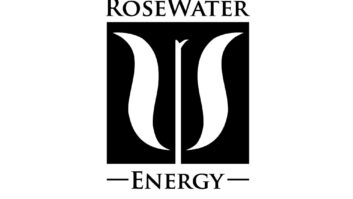Arlington, Va., July 9, 2014 – The following statement can be attributed to Doug Johnson, vice president of technology policy, Consumer Electronics Association (CEA)®, regarding the International Energy Agency’s (IEA) recently released report entitled More Data, Less Energy:
“We congratulate the International Energy Agency and its staff on the publication of this report and appreciate the agency’s dialogue with industry stakeholders during the past several months. Developing such a report is a significant undertaking, as we know from our own recent and comprehensive study of consumer electronics energy use. Contrary to implications of the IEA report, we find that consumer electronics now account for a lower percentage of electricity usage per U.S. household than they did just three years ago – even as they’ve seen significantly higher market penetration in U.S. homes.
“As we and our members review the details of the new report, we appreciate the IEA’s recognition of the significant role that industry standards and voluntary agreements play in improving energy efficiency. Just last year, CEA and other international organizations in the World Electronics Forum highlighted the importance of reducing the power consumed by connected devices in network standby mode and supported several principles that are referenced in the IEA report.
“As our industry has learned from more than 20 years of experience in the U.S. Environmental Protection Agency’s ENERGY STAR program, market-oriented, flexible approaches are superior to regulatory mandates in advancing energy efficiency, while protecting innovation and competition in the fast-moving market for information and communication technology. In fact, the pay-TV and consumer electronics industries are already building on our recent Set-Top Box Energy Conservation Agreement with a new initiative focused on efficiency in small network equipment.
“Given the rapid changes in the energy consumption characteristics of consumer electronics devices and high-tech products, it’s essential to develop and use up-to-date and accurate assessments of energy usage. Clearly, energy efficiency is best achieved when the public and private sectors work together.”
CEA recently commissioned and released a study from the Fraunhofer Center for Sustainable Energy Systems, Energy Consumption of Consumer Electronics in U.S. Homes in 2013, showing that electricity usage per U.S. home is falling although in-home consumer electronics have multiplied.
For a comprehensive look at the CE industry’s ongoing efforts on improved sustainability and efficiency, please see The Consumer Electronics Association 2013 Sustainability Report.
About CEA:
The Consumer Electronics Association (CEA) is the technology trade association representing the $208 billion U.S. consumer electronics industry. More than 2,000 companies enjoy the benefits of CEA membership, including legislative advocacy, market research, technical training and education, industry promotion, standards development and the fostering of business and strategic relationships. CEA also owns and produces the International CES – The Global Stage for Innovation. All profits from CES are reinvested into CEA’s industry services. Find CEA online at CE.org, DeclareInnovation.com and through social media:












